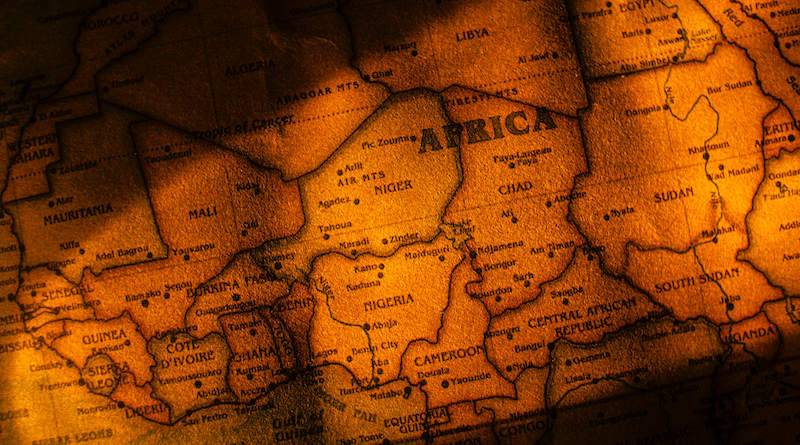Military coup leaders in Niger should ensure the safety and well-being of deposed President Mohamed Bazoum, his family, and others arbitrarily detained, Human Rights Watch said Friday. The military should respect fundamental human rights, including by releasing all those arbitrarily detained, and bring about a swift transition to civilian democratic rule.
On July 26, 2023, Nigerien army officers overthrew President Bazoum and proclaimed the National Council for the Safeguard of the Homeland (Conseil National pour la Sauvegarde de la Patrie, CNSP). Hours later, the national council announced that the constitution had been dissolved, all government institutions suspended, the nation’s borders closed, and a nighttime curfew imposed. On July 30, the national council announced the closure of its airspace “in the face of the threat of intervention.”
“Nigerien coup leaders are subjecting Bazoum and his family and undisclosed others to abusive treatment in violation of international human rights law,” said Carine Kaneza Nantulya, deputy Africa director at Human Rights Watch. “All those arbitrarily detained should be immediately released and provided with adequate food, basic services, and access to doctors, lawyers, and family members.”
On August 9 and 10, Human Rights Watch spoke to Bazoum, his doctor, his family lawyer, a former communications adviser, and a family friend.
The military coup leaders detained Bazoum along with his wife and 20-year-old son on July 26 but have not brought him before a judge or charged him. He described his family’s treatment in custody as “inhuman and cruel”: “I haven’t had electricity since August 2 and no human contact since August 4. I’m not allowed to receive my family members [or] my friends who have been bringing food and other supplies to us.” He said that without electricity they have been forced to eat dry food, nothing fresh. “My son is sick, has a serious heart condition, and needs to see a doctor,” he said. “They’ve refused to let him get medical treatment.”
Bazoum’s doctor and lawyer both confirmed that they have not had access to Bazoum or any of his family members since the coup. A family friend said that the detention conditions were “affecting not just him but his wife and son, too.”
On August 9, United Nations Secretary-General António Guterres denounced“the deplorable living conditions that President Bazoum and his family are reported to be living under.” CNN reported that day that Bazoum was kept isolated and forced to eat dry rice.
The military coup leaders have not publicly reported the names of those in detention. There are reports that some family members of officials are also in custody.
Nigerien coup leaders should publicly account for the whereabouts and conditions of Bazoum and other detainees, Human Rights Watch said. They should also allow the Office of the UN High Commissioner for Human Rights, the African Commission on Human and Peoples’ Rights, the national human rights commission, and independent human rights monitors to visit Bazoum and other detainees. All those detained should be promptly brought before a judge and be appropriately charged or released.
Bakary Sambe, director of the Timbuktu Center, a well-known African research organization, told Human Rights Watch, “Regional and international actors should prioritize human rights in the Niger crisis, especially when, as in Niger, senior officials are held hostage and used for political leverage. [They] should be careful and not allow such maneuvering to become a trend.”
The military coup occurred within the context of armed Islamist groups’ attacks against Niger’s security forces and civilians and a complex humanitarian crisis in which 4.3 million people – about 17 percent of the population – require humanitarian assistance.
On August 10, the coup leaders formed a 21-member government headed by the politician and economist Ali Mahaman Lamine Zeine as prime minister. The same day, ECOWAS leaders convened a second extraordinary summit and decided to uphold regional sanctions and activate the ECOWAS standby force.
“Nigerien military leaders should recognize that they are accountable for any human rights violations against those in custody, including Bazoum, his family, and others they have detained,” Kaneza Nantulya said. “Niger’s regional and international partners should press the Nigerien authorities to fully respect everyone’s human rights and bring about a prompt transition to democratic rule.”

